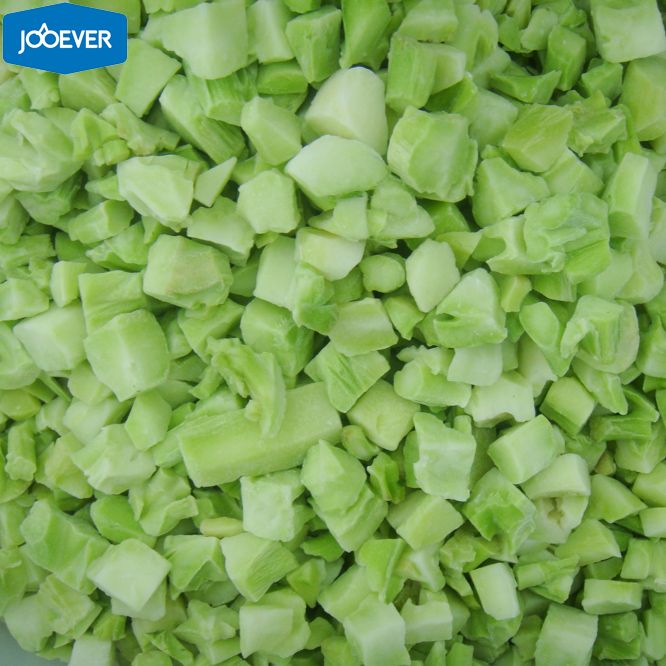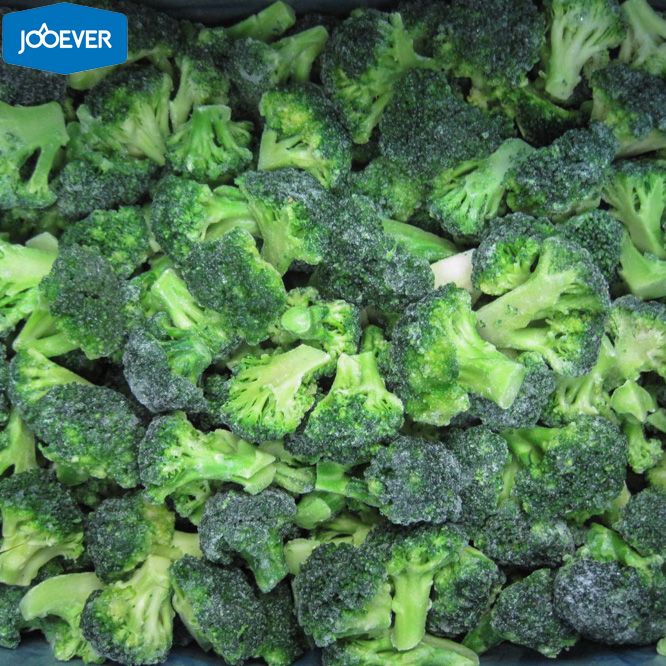Your reliable partner for frozen foods
When it comes to getting your daily servings of vegetables, most people picture fresh produce as the gold standard. However, canned and frozen vegetables have come a long way in both quality and nutrition. In some cases, they may even offer more benefits than fresh produce—especially when certain vegetables are out of season.
Let’s explore how canned, frozen, and fresh vegetables compare and when each option might be the best choice.
Fresh vegetables are often considered the healthiest choice. When picked at peak ripeness and eaten shortly after harvest, they provide the most flavor and nutrition. However, that’s not always the case at the grocery store.
Due to transportation and storage times, fresh vegetables may sit for days or even weeks before reaching your plate. As vegetables age, they begin to lose key nutrients like vitamin C and B vitamins. This means that while fresh is great when local and in season, it’s not always the most nutrient-dense option.

For many people, frozen vegetables are a convenient and surprisingly healthy option. Frozen produce is typically harvested at peak ripeness and frozen within hours. The freezing process locks in nutrients and preserves flavor.
While frozen vegetables are blanched (briefly cooked in hot water) before freezing, which can reduce some heat-sensitive nutrients, the overall nutrient retention remains high. Frozen vegetables like peas, corn, and spinach often perform better in nutrient tests compared to fresh produce that has been in transit or storage for extended periods.
Additionally, frozen vegetables are easy to prepare, affordable, and available year-round.
Canned vegetables are another convenient option, especially for long-term storage. Like frozen produce, canned vegetables are processed soon after harvest, which helps preserve many of their nutrients.
However, the canning process involves more heat and longer cooking times, which can lead to greater nutrient loss—especially of water-soluble vitamins like vitamin C and some B vitamins. Many canned vegetables also contain added salt or sugar, which may not be ideal for certain diets.
When choosing canned vegetables, opt for “low sodium” or “no added salt” versions, and try to use the canning liquid in soups or stews to retain more nutrients.
The healthiest option depends on the situation. Fresh vegetables are great when they’re local and in season. Frozen vegetables offer excellent nutrition and convenience all year long. Canned vegetables provide shelf-stable value and can help reduce food waste and costs.
What matters most is including a variety of vegetables in your daily meals, no matter the form. As long as you’re eating a colorful mix of vegetables regularly, you’re making a smart choice for your health.

At Jooever, we believe that frozen vegetables can be just as nutritious—and even more convenient—than fresh. Our Individually Quick Frozen (IQF) vegetables are picked at peak ripeness and frozen fast to lock in nutrients, flavor, and texture. Whether you're a retailer, food manufacturer, or distributor, we provide high-quality frozen solutions tailored to your needs.
Wide range of IQF vegetables
Processed in HACCP and ISO-certified facilities
Fast delivery and consistent quality
Ready to bring high-quality frozen vegetables to your business? Contact Jooever today and experience the difference IQF makes.